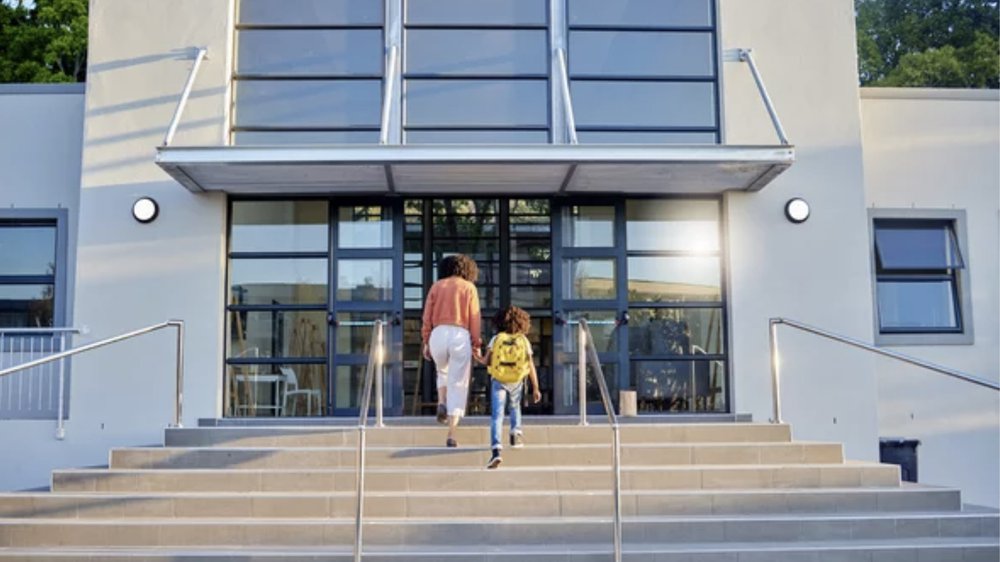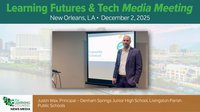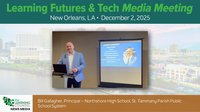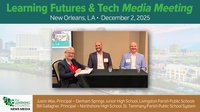‘Microschools’ could be the next big school choice push. Florida is on the cutting edge. – By Andrew Atterbury, Politico
Florida Republicans, led by Gov. Ron DeSantis, want to let tiny private schools open in libraries, movie theaters, churches and other spaces where they can fit makeshift classrooms.
State lawmakers backed looser rules for establishing “microschools” as part of a sweeping education law that went into effect this month. The little-noticed provision could become a blueprint for states across the country looking to expand private school options.
The shift — which relaxed zoning rules and land-use restrictions — is another major step by the Florida GOP to embrace school choice after the state, already seen as a national leader, cleared the way for all students to receive scholarships toward private schools and other options regardless of income.
Microschool proponents hope that the change could pave the way for a lofty goal of thousands of microschools in the country’s third largest state, and eventually across the country.
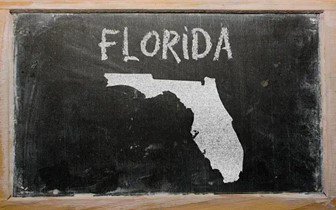
Special education teachers are hard to find — a new apprenticeship program might help - By Carly Flandro, ID Ed News
Special education teacher vacancies are especially difficult to fill, but a recently-approved apprenticeship program may help schools shore up workforce gaps impacting high-needs students.
The special education apprenticeship program was approved by the Department of Labor earlier this month, following a February approval of the K-12 teaching apprenticeship program.
There are some key differences in the State Board of Education programs: Special education apprentices must earn a bachelor’s degree and complete a three-year mentorship program before earning certification and leading a classroom on their own.
Those extra measures are required under federal special education law, according to Kathleen Shoup, manager for the State Board’s educator effectiveness program.

No more distractions: Delaware lawmakers back effort to seal away cell phones in the classroom – By Johnny Perez Gonzales, WHYY
Across the country, schools are increasingly embracing policies to either ban cell phones or limit their use in the classroom. The new rules aim to reduce distractions and foster the development of student’s social and emotional skills, ultimately creating a more focused and supportive learning environment.
At the close of this year’s legislative session, Delaware lawmakers approved a $168 million supplemental spending bill that included money for a plethora of one-time expenses. The measure includes $250,000 for the Department of Education to implement a cell phone pilot program focused on the use of phone pouches.
Bill sponsor state Sen. Trey Paradee, D-Dover, says restricting cell phone use is something that even music artists are implementing to help reduce distractions for concertgoers. He said students could similarly benefit.

Maryland third graders who aren’t reading well would be held back under new rule – By Liz Bowie, The Baltimore Banner
Maryland’s State School Superintendent Carey Wright garnered national attention for what was described as a reading “miracle” when she was superintendent in Mississippi. Once, that state was second-to-last on a national test. Then fourth grade reading scores rose to the middle of the pack.
Now, she is trying to replicate that success in Maryland.
Wright is proposing a literacy policy that would require students who aren’t reading well by the end of third grade to be held back, as she did in Mississippi.
She also wants to force public schools to provide boatloads of help to struggling readers as soon as they begin to fall behind and until they catch up. And the literacy policy calls for parents to be partners in the process, with notification required within a couple of weeks if a child starts slipping.


